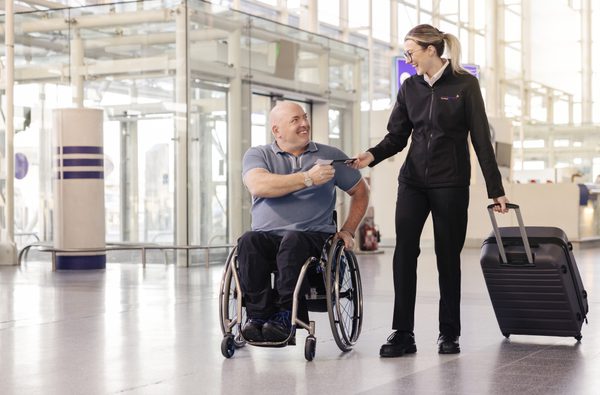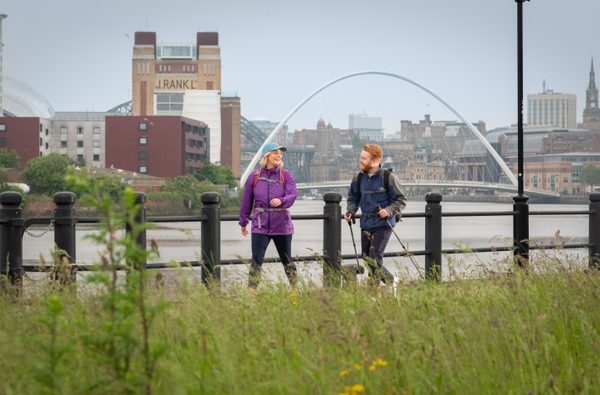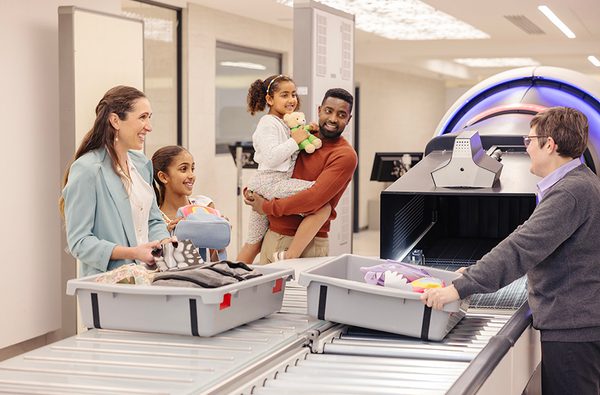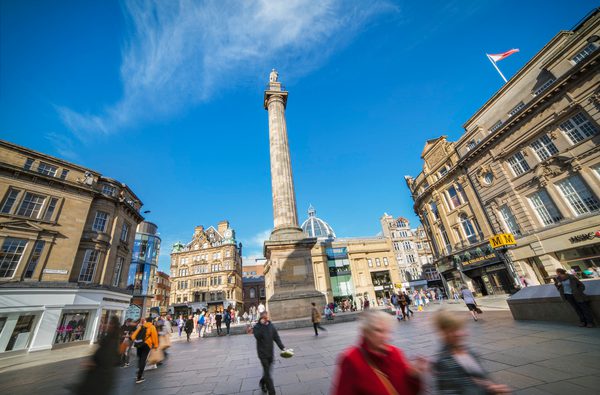Passport Information
Depending on your citizenship and where you are flying from, you may have to present a passport or identity document (ID) upon arrival to the UK. All passports and IDs must be valid for the entirety of your stay.
- EU, EEA and Swiss nationals can enter the UK with a passport, Irish passport card or, if eligible, an identity card issued by the EU, EEA or Switzerland
- Irish citizens may continue to use their national ID card.
- Nationals from outside the EU, EEA and Switzerland will need a valid passport.
For up-to-date information please visit the GOV.UK website.

Visa Information
You may need a Visa to travel to the UK and it will depend on your reason for visiting and nationality.
EU, EEA and Swiss citizens can stay in the UK as a visitor for up to 6 months without a visa.
Irish citizens have no visa requirements and can travel to the UK.
Nationals from outside the EU, EEA and Switzerland may need to apply for a Standard Visitor visa.
To check if you need a Visa go to GOV.UK website

Electronic Travel Authorisation (ETA)
From 8 January 2025, eligible non-Europeans need an Electronic Travel Authorisation (ETA) for travel to the UK. This gives visitors permission to travel to the UK. It costs £10 and permits multiple journeys to the UK for stays of up to six months at a time, over two years or until the holder’s passport expires – whichever is sooner.
By April 2025, all visitors who do not need a visa will need an electronic travel authorisation (ETA) to travel to the UK. More information on ETAs.

Medical/Emergency Services
If you require healthcare assistance during your stay here are some of the services you may need:
- Medical Emergency - Call 999 if someone is seriously ill or injured and their life is at risk.
- If not life threatening - Call NHS 111
- Ask a local pharmacist for advice
You will need to pay for some things such as eye tests, dental treatment and prescriptions, just like people who live in England. Find out more.


